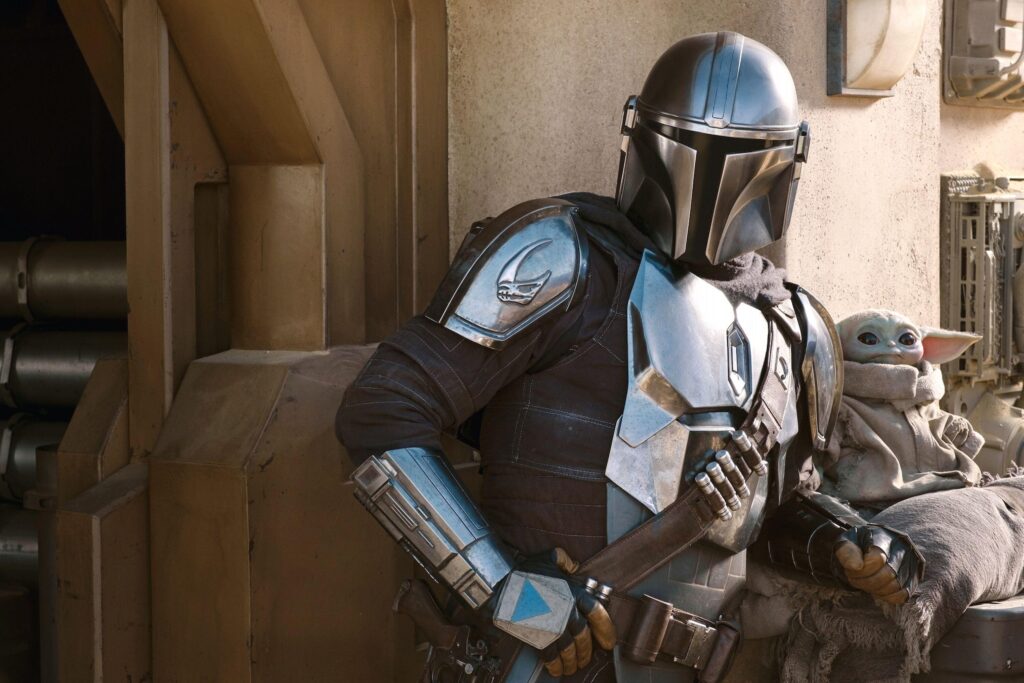Lessons From ‘The Mandalorian’
Is Feeling Nothing, ‘The Way?’

When attachments go wrong in early life, you have to toughen up. But is feeling nothing “The Way?” If you thought it was, what does it take to break free and allow love? This was the question for Anakin Skywalker in Star Wars and it’s the question for Mando, The Mandalorian, who also lost his beloved parents when he was a small child: Is love safe?
Love isn’t safe when your early attachments go wrong. And Jon Favreau’s continuation of the Star Wars saga in his Disney+ series, The Mandalorian, tells this story once again. Yet, the series leaves us having to question if feelings like need, anger, fear, and love are really dangerous? Is no attachment “The Way,” as many traumatized children believe?
Yet, The Mandalorian series leaves us questioning if feelings like need, anger, fear, and love are really dangerous? Is no attachment “The Way,” as many traumatized children believe? We watch Mando and remember why Anakin Skywalker became Darth Vader. When you’ve been hurt and suffered loss, you armor up and get tough to survive. You have to think that nothing scares you as Mando does. You’ve already gone through the worst. But you really can’t forget. Saving The Child is a necessity.
Mando’s trauma is that of many children.
There’s nothing worse than losing your parents or having insecure attachments when you’re young. That was Little Mando (played by Pedro Pascal), then called Din Djarin. There was a war. Imperial invaders took over the planet on “The Night of a Thousand Tears.” Mando’s flashbacks show a terrified boy, carried by his frantic mom and dad. Desperately trying to protect him, they hide him in a shelter and seal him away. We watch as little Din Djarin reaches out his hands, just as baby Grogu later does, towards his disappearing but loving mom and dad; as they slam the door. A Mandalorian rescues and trains him; teaches him to stay safely inside his armor. Din Djarin becomes The Mandalorian. He’s closed the door on a need for love.
This is the war that continues in Mando in The Mandalorian. Does he show his face, reveal his feelings? If he does, he can never put his armor back on. When you’re scared, you need that armor… READ HERE
Exclusively written for & published on YourTango.